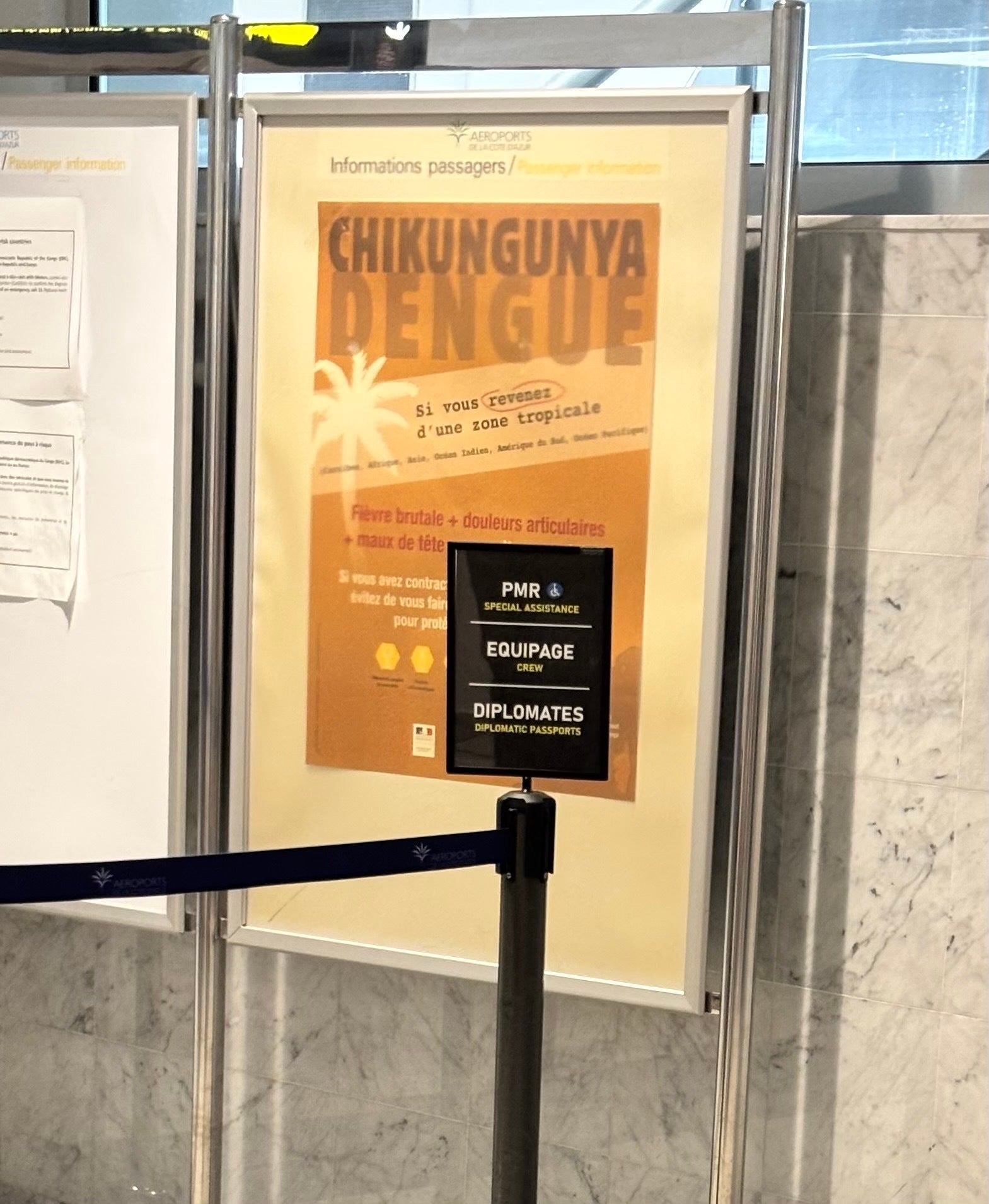Health authorities are warning travellers of a mosquito-borne virus that can cause debilitating joint pain, after cases emerged in areas of France.
While the virus known as chikungunya is more commonly found in tropical areas of the world, cases have now appeared in France, a popular holiday destination for Brits, especially during the summer months.
The World Health Organisation has now raised its concern about the virus, giving new guidelines to healthcare providers on how to help those who have contracted chikungunya.
Diana Rojas Alvarez, a medical officer at the WHO, told reporters in Geneva that an estimated 5.6 billion people live in areas across 119 countries at risk from the virus. This year so far, France has reported 30 cases of chikungunya virus on the mainland and the French island of Corsica. Italy has reported one.
While Europe is not currently experiencing a severe outbreak, health officials on the continent are making travellers aware of the virus as well as the rollout of a new vaccine in the UK.
We have rounded up what travellers need to know about the virus, plus advice from a specialist travel doctor on how to best prepare for travelling overseas.
What is chikungunya and how is it spread?
Chikungunya virus disease is a mosquito-borne disease that is found across tropical and sub-tropical regions.
It is spread to humans by a bite from an infected mosquito. It cannot be passed from human to human.
Most cases have been found in the Americas, Africa and Asia. Brazil has the most cases, with over 141,000, followed by Argentina with over 2,500 so far in 2025.
In total, there have been approximately 220,000 chikungunya cases and 80 related deaths across 14 countries/territories since the beginning of the year.
La Réunion and Mayotte, two French islands off the east coast of Africa, have ongoing outbreaks of chikungunya, with the former recording 51,000 cases as of May 2025.

The transmission of dengue and chikungunya virus in mainland Europe has been linked by the European Centre for Disease Prevention and Control (ECDC) to travellers who have caught the virus outside the region, then gone to countries within Europe with mosquitoes that are able to carry the virus after biting the person.
“The…
Click Here to Read the Full Original Article at The Independent Travel…
